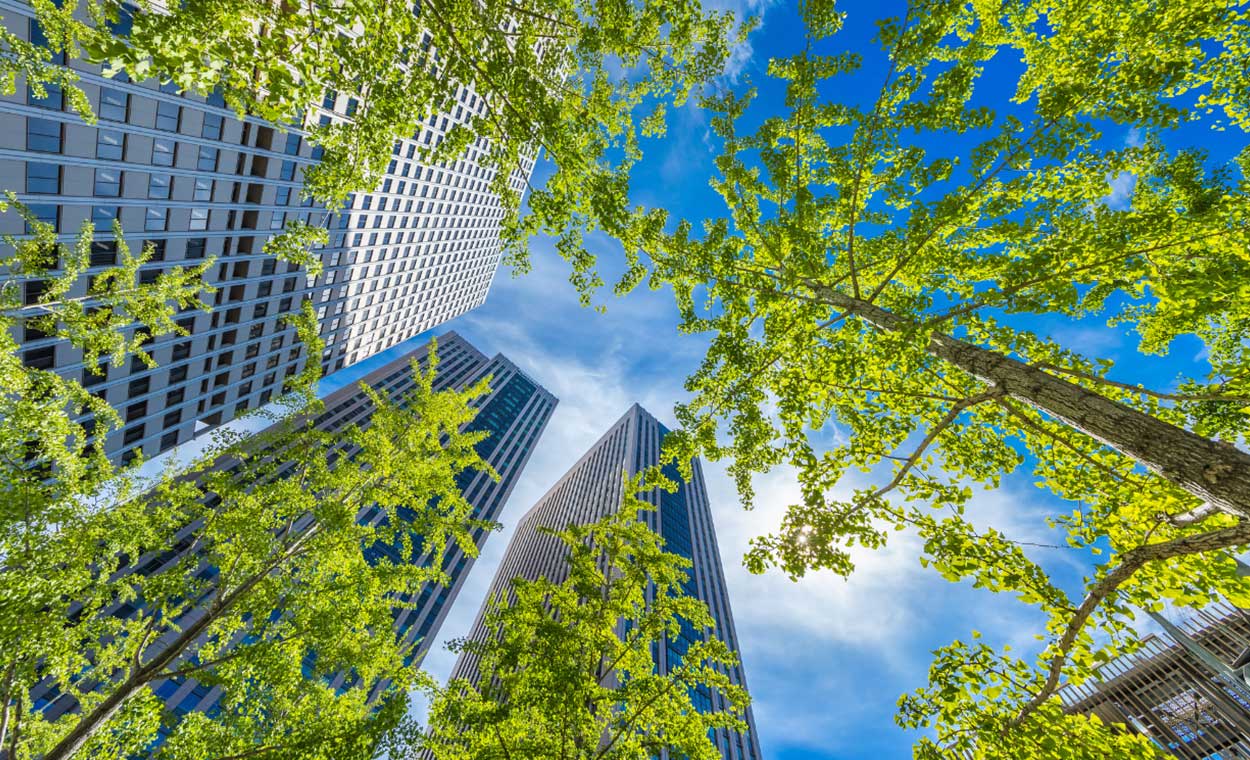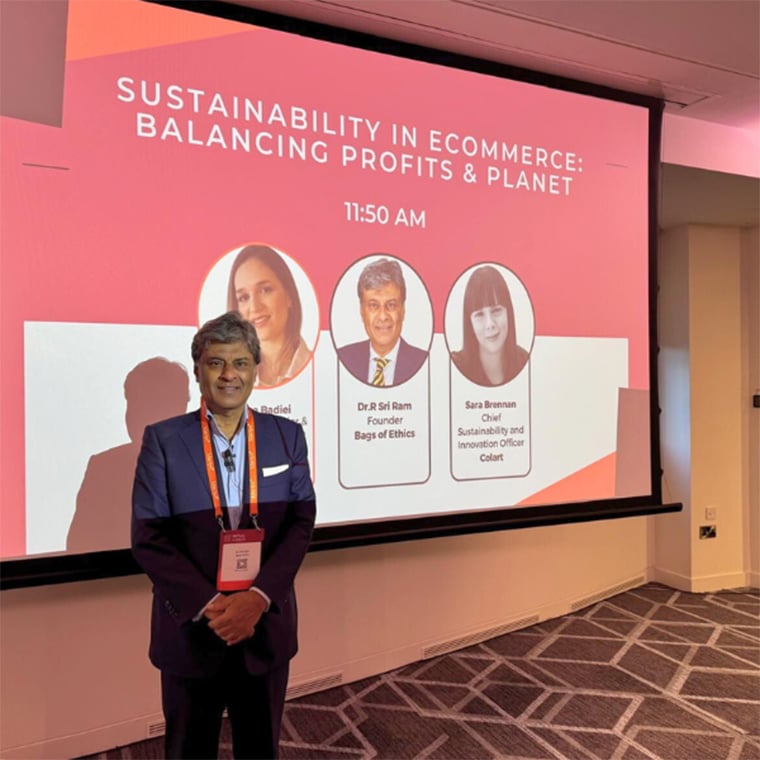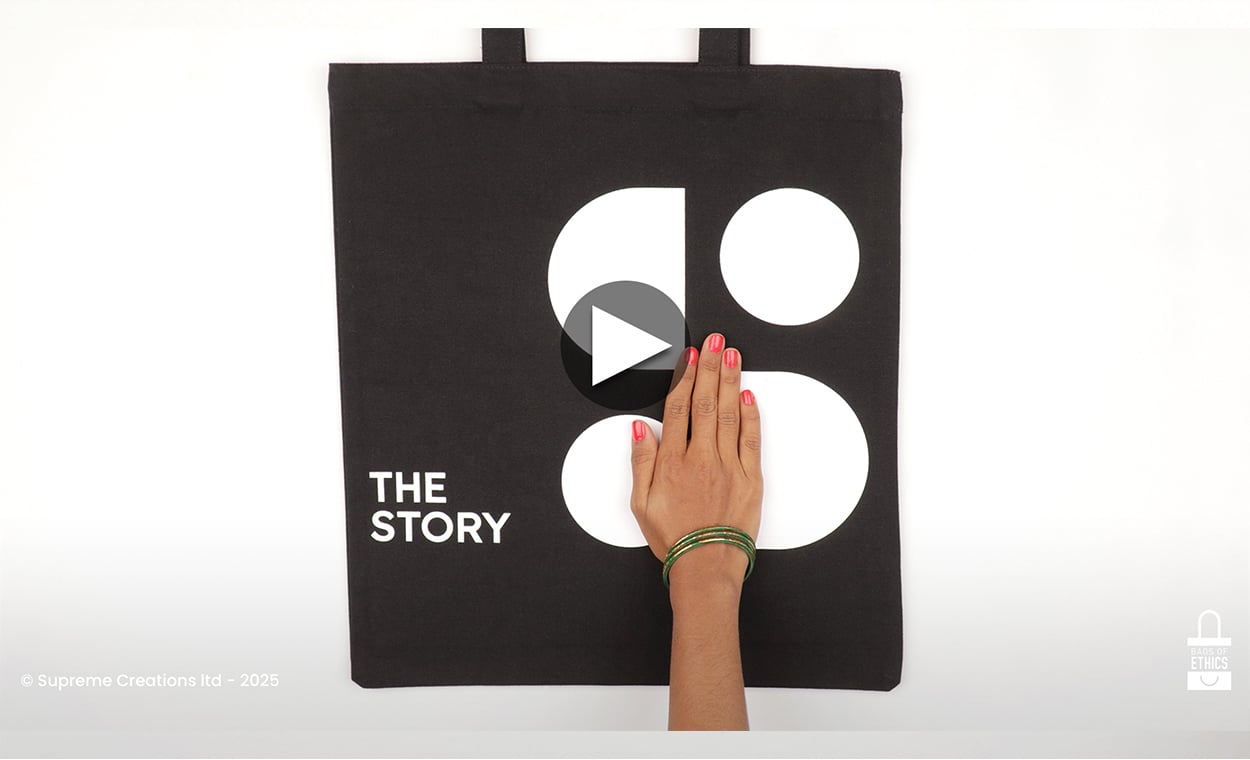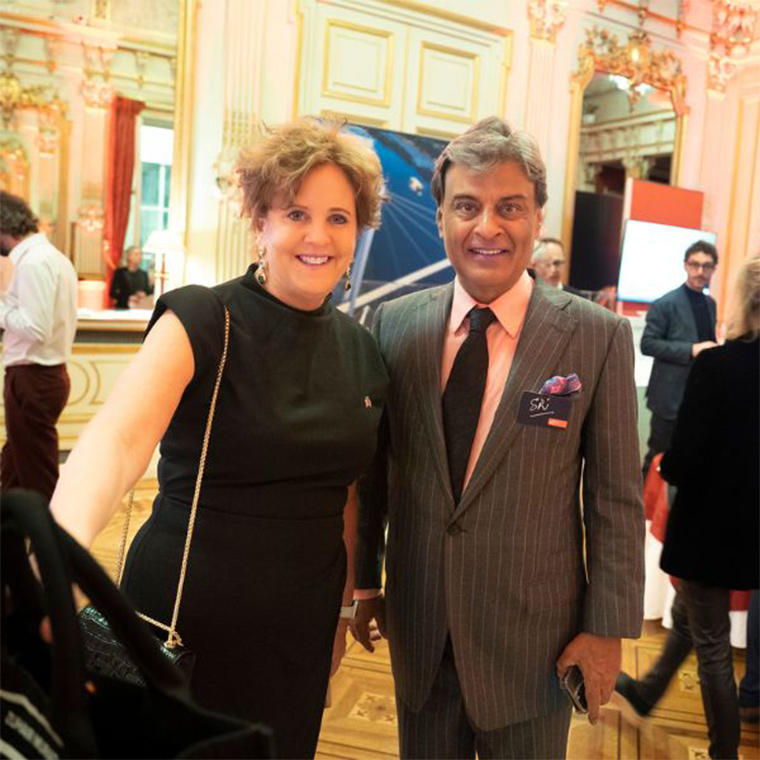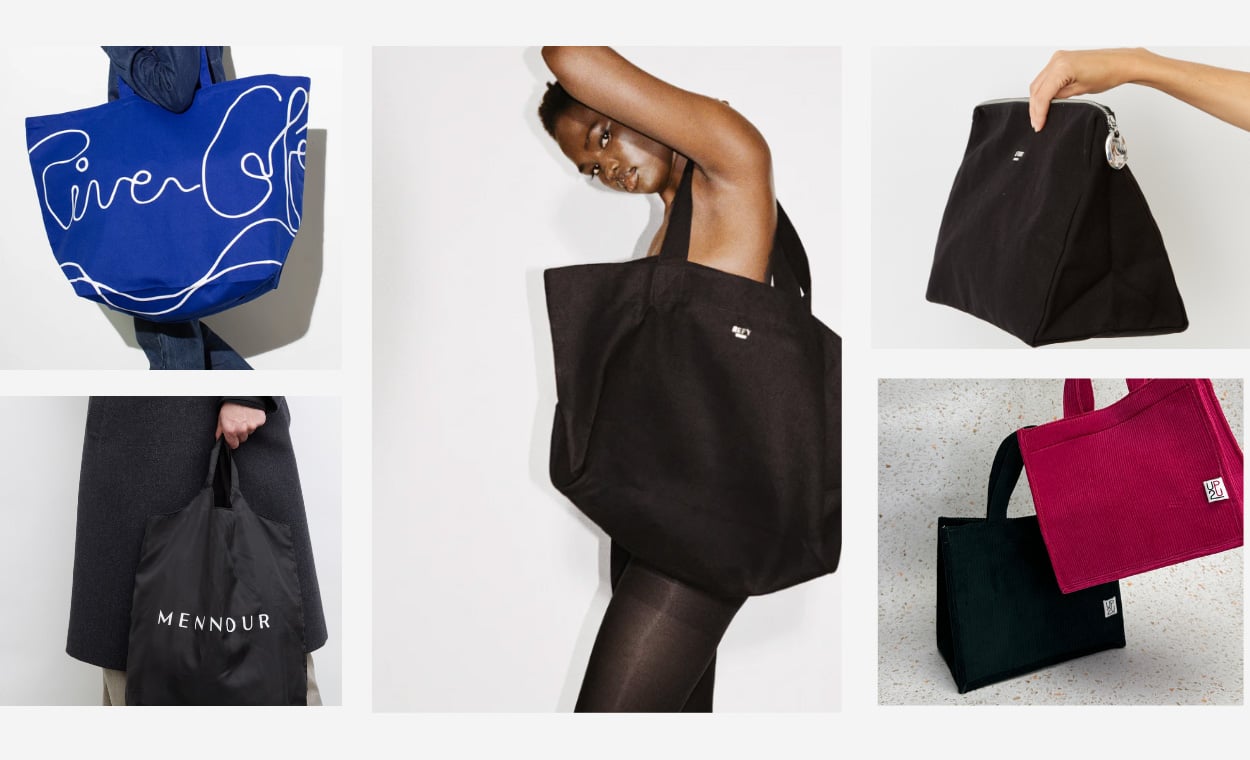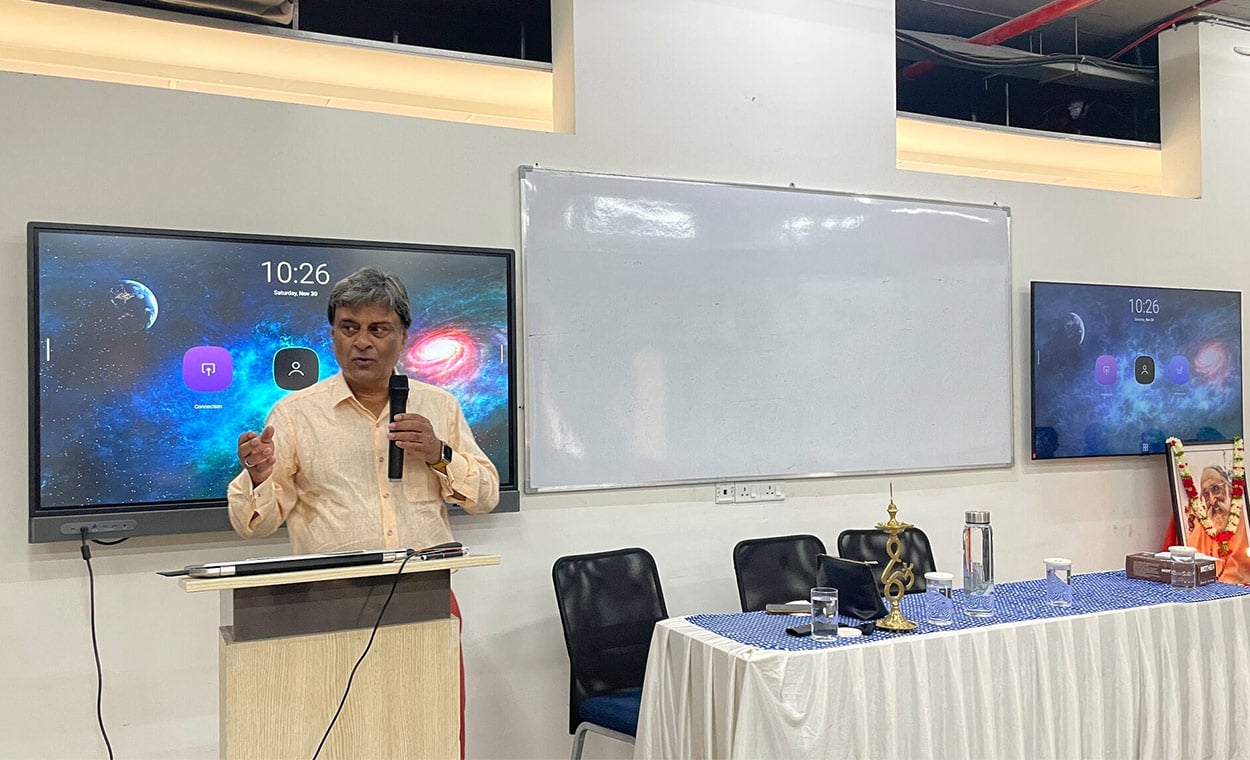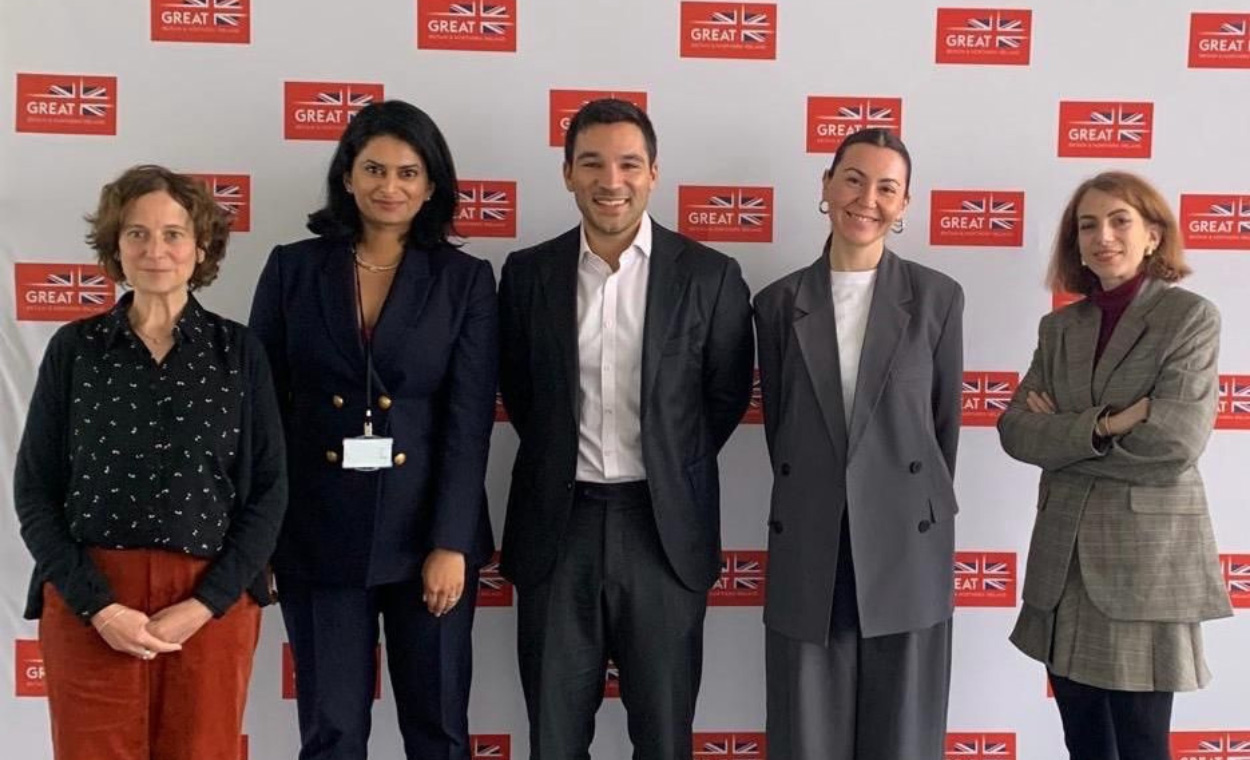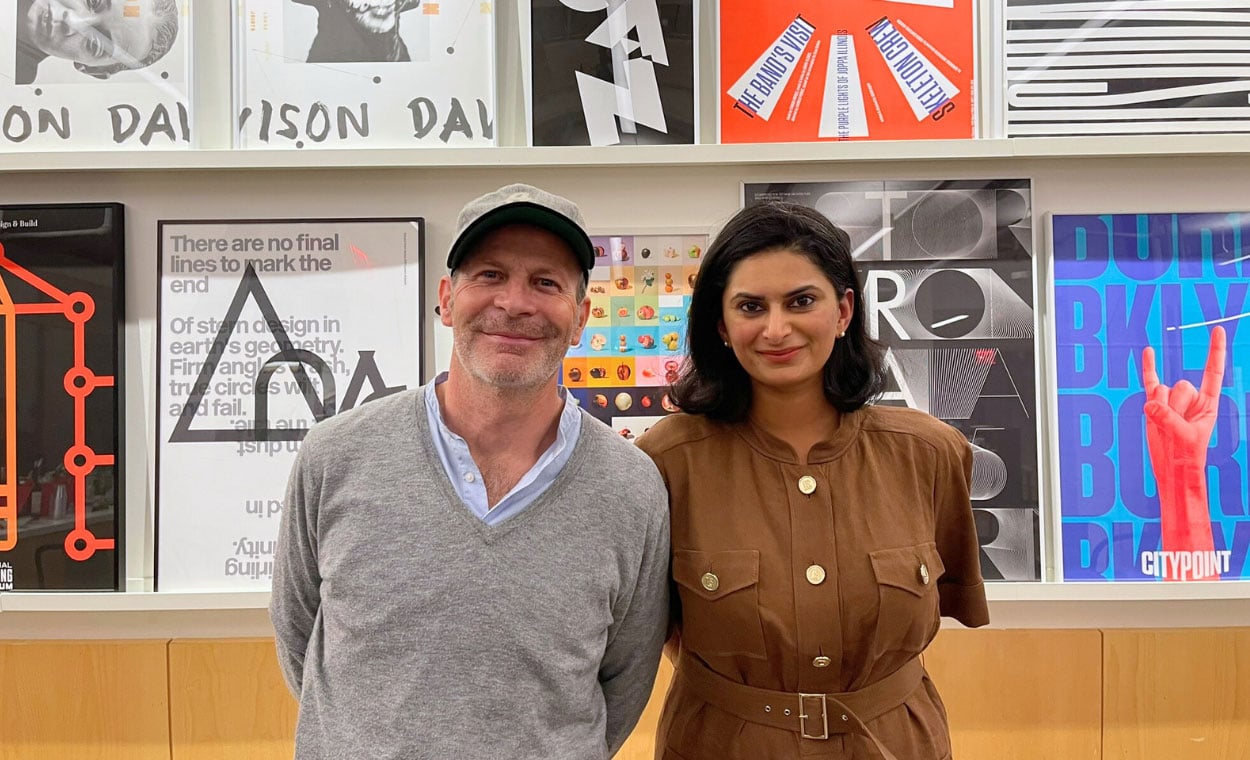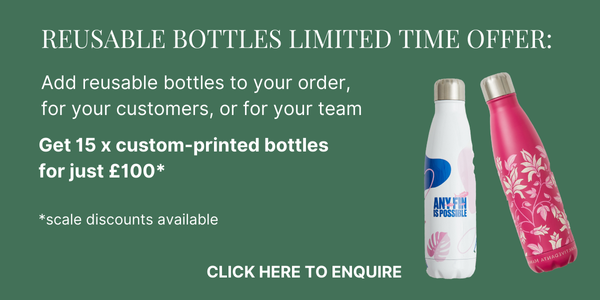It seems today the trending topic in the business world is ‘going green’. These moves by big businesses to try and cut carbon emissions, use greener energy, and improve their effect on the environment, are all a positive movement towards a greener future. However, at a time when ‘green’ is in, we want to know how many of these claims are ‘greenwashing’, painting businesses in a positive light whereas in reality their practices are far from sustainable.
Greenwashing is the overselling of a company or corporation’s ‘greenness’ or sustainability efforts. They spend more time claiming to be green to use as a marketing tool than actually implementing practices that will in reality make their company more sustainably minded. This is a real issue when determining the validity of a company or brands claims, and means it’s extremely hard to know if they are being genuine or not.
It hit headlines this week that fashion giant Zara, has been accused of greenwashing in an attempt to shift the focus from their involvement in the fast fashion industry. In an interview with Vogue, three Inditex executives spoke about the environmental impact of the European fashion brand. They promised all polyester, cotton and linen produced by the company will be sustainably produced by 2025. However, when pitted against claims made in 2012, that Zara compressed lead times from design to saleable product in just 13 days, the image that Zara is trying to convey of a sustainable, slow fashion brand, can be heavily disputed. Here shows a change in their marketing, not a change in production, as they still roll out countless new styles globally every week. Zara were called out by Eco Age founder and activist, Livia Firth on her Instagram, where she stated that “on average, Zara releases 500 new designs a week, 20,000 a year”. This directly contradicts their statement that “we don’t feel like we are making a massive amount of clothes”- Livia’s response to this was “yeah right”. Despite Zara’s obvious attempt at cottoning onto the sustainable fashion trend, more time should be spent on addressing their contribution to the fast fashion industry, rather than marketing one small change as a complete overhaul of the sustainability efforts of the company.
Futerra’s 2015 Selling Sustainability Report offers 10 basic rules for avoiding greenwashing.
- Fluffy language: Words or terms with no clear meaning (e.g., “eco-friendly”)
- Green products vs. dirty company: Efficient light bulbs made in a factory that pollutes rivers
- Suggestive pictures: Images that indicate an (unjustified) green impression (e.g., flowers blooming from exhaust pipes)
- Irrelevant claims: Emphasizing one tiny green attribute when everything else is un-green
- Best in class: Declaring you are slightly greener than the rest, even if the rest are pretty terrible
- Just not credible: “Eco-friendly” cigarettes, anyone? “Greening” a dangerous product doesn’t make it safe.
- Gobbledygook: Jargon and information that only a scientist could check or understand
- Imaginary friends: A label that looks like a third-party endorsement … except it’s made up
- No proof: It could be right, but where’s the evidence?
- Outright lying: Totally fabricated claims or data
At Supreme Creations we try incredibly hard not to greenwash. Whilst we make claims regarding the sustainability and ethical nature of our manufacturing processes and products, we never try to oversell ourselves. We understand that not every business is perfect, and there is always more that can be done to improve our sustainability measures. We understand that there are always trade-offs and sacrifices that have to be made along the supply chain, which mean that the product or process isn’t as eco-friendly as it possibly can be. For example, we encourage sea-freight rather than air freight, yet sometimes are only able to use air freight due to client needs and expectations.
We are constantly trying to find ways to better ourselves. As of most recently, we have implemented the following:
- We now use 100% renewable energy in the UK as part of our electricity consumption.
- We have developed a 100% biodegradable lamination inside our bag made from vegetable starch. We do our best to upcycle waste fabric.
- We have access to Global Recycled Standard Certified recycled cotton and non-woven mesh.
- Most of our water-based inks are vegetable based, and are also REACH compliant.
- Our factory no longer pack samples in poly-bags, instead we use cotton envelopes and newspaper stuffing to maintain shape.
- We encourage sea freight rather than air freight which is practiced by many of our clients.
- We use one of the premium dyeing houses in India, which is certified by the Environmental Board of India to not cause any toxic effluents.
- And we have introduced a high-quality vegan leather option, and have vegan certification of our products and production processes.
Despite all of these changes, we still believe that we can do more. We are always searching for new ways in which we can reduce our negative, and increase our positive impact on the environment. We are transparent about all our efforts and processes, and as we are a manufacturer we can provide transparency across our entire supply chain. We believe that more time should be spent implementing sustainability practices, rather than marketing our business as completely sustainable. Actions should be taken for the sake of the planet, rather than for the self-promotion of a business. The fashion and textile industries are some of the biggest contributors to pollution and climate change, and therefore businesses in these industries need to work together for the greater good of our planet.
Green Businesses
